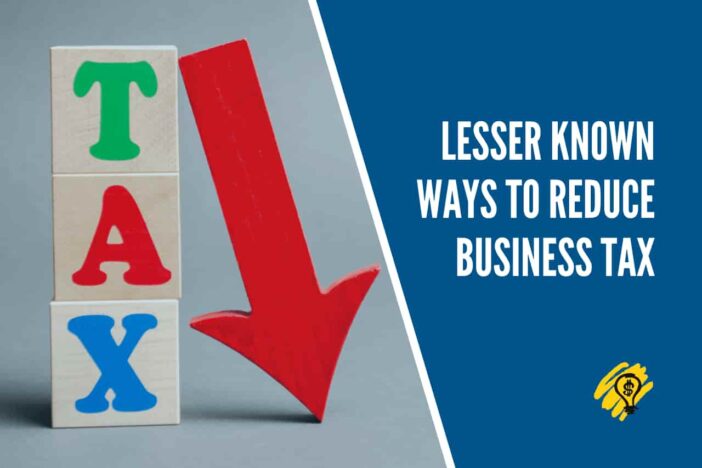Tax. There’s no getting away from it. But that doesn’t mean you can’t reduce the amount you’re eligible to pay. Tax relief allows companies to reduce their tax liability by simply offsetting certain business costs.
Schemes like Small Business Rate Relief and Allowable Business Expenses have been brought in to help reduce the burden of large financial payments.
Not every business expense is tax-deductible, and plenty of tax relief opportunities go untapped because people aren’t even aware of them. Here, we reveal some of the lesser-known tax relief methods.
Charity donations
Charity donations from individuals in the UK are tax-free and companies are also entitled to tax relief for eligible donations. When a company does donate, the money is paid gross before income tax has been deducted. The total donation is then deductible from an organisation’s total profits for the year – but this must be the same year that the donation was made.
Business owners cannot use charity donations as a way to create or augment losses for tax purposes, though. Instead, the amount a company donates is limited to an amount that reduces its total taxable profits to nil.
Research and development tax relief
Businesses working on projects in the science and technology industries can claim specific tax relief for contributing to research or development. The work must relate to advancements in technology or science, and can’t be used for social science or theoretical fields. Businesses can claim for R&D tax relief whether the project was successful or not.
In order to successfully claim, you need to explain how your project intended to make advancements. There are also different types of R&D relief depending on your company’s size and if the work was subcontracted. You may also benefit from Corporation Tax – meaning that you can take off another 130% of eligible costs, as well as the 100% R&D relief deduction, giving you a total deduction of 230%.
For example, if you spend £10,000 on research and development, you can reduce your annual profits by another £13,000. And, if your organisation makes a loss, you can claim an R&D tax credit which is worth up to 14.5%, and paid in a cash sum from the government.
Gift Holdover Relief
Another type of tax relief is Gift Holdover Relief which can be claimed by those who give away business assets or sell them for less than their value. Take shares, for example. If you give them away either as part of a gift or share transfer to another UK resident, you won’t pay any Capital Gains. Like any tax relief scheme, there are certain eligibility requirements for Gift Holdover relief. For example: to give away shares, your company must not be listed on the stock exchange, its main activities must be in trading, and the company must be owned by you. To give away business assets, you need to have at least 5% voting rights of the company or use the assets in your company.
Tax relief doesn’t mean that your company is avoiding tax, instead, you’re exercising your rights within the system. Your company will still be paying the right amount of tax owed, you’ll just be using a government-approved scheme to boost your finances. These are a few of the lesser-known schemes around and there are plenty more to discover depending on your industry, trade or service offering so make sure you do all your research.



